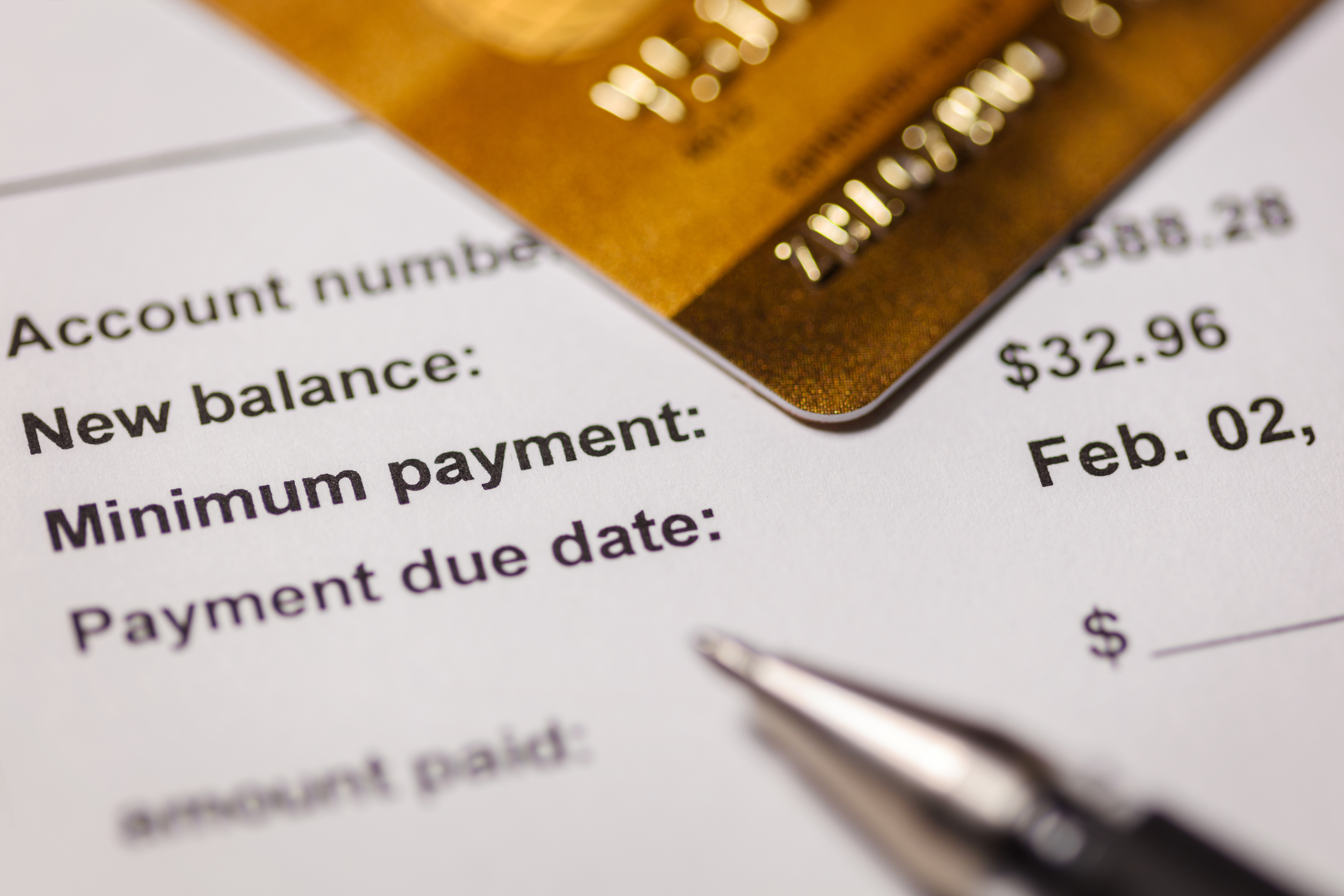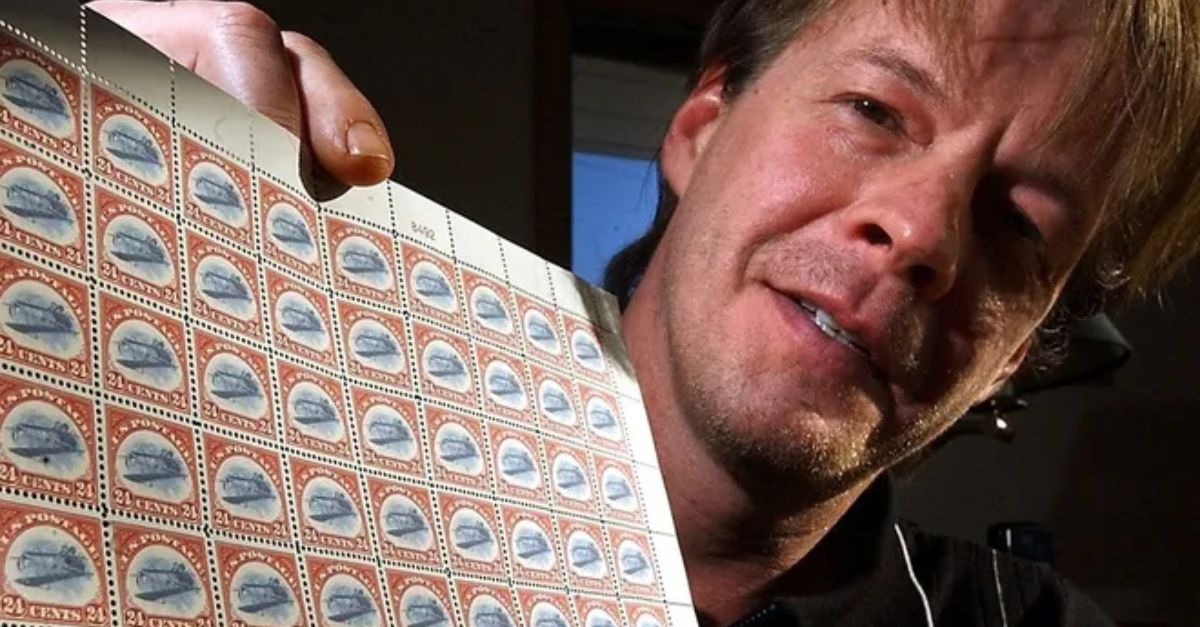Dealing with credit card debt can feel like a heavy burden.
Yet, with the right approach, you can overcome it more quickly than you might think. By implementing some practical strategies, you can reduce and eventually eliminate that looming debt.
Here's a guide to doing just that.
Snowball Vs. Avalanche Methods

Snowball Method: Start by listing all your credit card debts from the smallest to the largest balance.
Focus on paying off the smallest debt first while paying the minimum on the rest.
Once that's paid off, move to the next smallest, and so on.
The idea is that as you pay off each debt, you'll gain momentum, like a snowball rolling downhill.
Avalanche Method: List your debts in order of the highest interest rate to the lowest.
Prioritize paying the debt with the highest interest first, as it's costing you the most.
his method saves you the most money in interest over time.
Budgeting And Tracking
Create a clear budget detailing your income and expenses.
Identify areas where you can cut back and allocate those savings to your debt payments.
There are various apps and tools available, such as YNAB (You Need a Budget) or Mint, which can assist in tracking and managing your finances.
Negotiate A Lower Interest Rate
Sometimes, all it takes is a phone call to your credit card company to negotiate a lower interest rate.
If you have a good payment history, they might consider your request, which can save you a significant amount in the long run.
Use Balance Transfers Carefully
Many credit cards offer balance transfer promotions with low or even 0% interest rates for a limited time.
By transferring your debt to one of these cards, you can reduce your interest payments.
However, be mindful of transfer fees, and ensure you pay off the balance before the promotional rate expires.
Pay More than the Minimum
Only paying the minimum monthly payment keeps you in debt longer.
Even if it's just a bit more, consistently paying above the minimum can significantly speed up your debt payoff and save you money in interest.
Eliminate Unnecessary Expenses
Review your monthly expenses and cut out non-essentials.
This might mean cutting back on dining out, cancelling unused subscriptions, or opting for a cheaper phone plan. Redirect the money you save toward your credit card debt.
Consider Side Hustles
The gig economy has made it easier than ever to earn extra money on the side.
Whether it's freelancing, driving for Uber, or selling items online, any extra income can go straight to reducing your debt.
Avoid Adding New Debt
While you're focused on paying off your current debt, avoid the temptation to spend on your credit cards.
This will only set you back. If necessary, consider freezing your credit cards or keeping them out of reach.
Seek Professional Advice
If you're feeling overwhelmed, consider consulting with a credit counselor.
Organizations like the National Foundation for Credit Counseling (NFCC) offer guidance and can help you come up with a personalized plan.
Stay Focused
Paying off credit card debt requires determination and a strategic approach.
By implementing these essential strategies and maintaining a consistent effort, you'll be on your way to a debt-free future in no time.
Note: Financial situations and advice can vary based on individual circumstances.
Always do your research and consider seeking professional advice tailored to your situation.
















